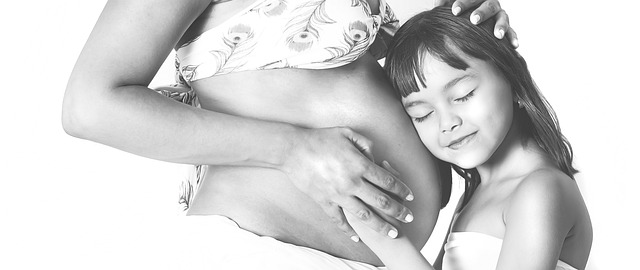Have you ever heard a friend say, “It’s fine to have just one glass of wine here and there; my doctor said so,” or “My mom drank beer when she was pregnant with me, and I turned out fine”? As someone who specializes in prenatal health, I often hear comments like these. Although it seems widely accepted that no amount of alcohol is safe during pregnancy, this message doesn’t always reach everyone. Research shows that heavy drinking can lead to Fetal Alcohol Syndrome, while even moderate or light drinking might result in long-term developmental issues for the child. Astonishingly, studies indicate that between 1 in 10 and 1 in 13 women still engage in light drinking after learning they are pregnant. So, what drives some women to continue drinking alcohol during this critical time?
1. Unawareness of Pregnancy
Most women discover they’re pregnant around 4-6 weeks in, but many may not notice the signs for even longer. If a pregnancy is unplanned (which is the case for about half of all pregnancies), a woman might find herself enjoying a drink before realizing she’s expecting. While many stop drinking upon confirmation of their pregnancy, damage could have already been done. The early weeks are especially crucial, as harmful exposures like alcohol can pose significant risks. That’s why experts recommend women avoid alcohol if they’re sexually active and not using effective contraception, as highlighted by this informative resource.
2. Conflicting Advice
Pregnant women often hear mixed messages from friends, family, or even healthcare providers about alcohol consumption. Some doctors may downplay the risks of occasional drinking, which adds to the confusion. It’s essential to recognize that leading health organizations, like the American College of Obstetricians and Gynecologists, advise complete abstinence from alcohol during pregnancy. No amount is considered safe for a developing baby.
3. Social Influences
Peer pressure can be a powerful motivator. If a woman is used to socializing with friends who are drinking, she might feel compelled to join in. Some may perceive the risks of light drinking as minimal. It’s common for women to go to great lengths to minimize other risks but still indulge in alcohol. While we understand that some women might find perceived benefits in drinking, it’s crucial to remember that alcohol offers no advantages for a developing baby and can only cause harm. Since we don’t yet know the exact amount of alcohol that could negatively affect a fetus, the best approach is to avoid it altogether.
4. Coping Mechanism
A woman I spoke with recently, who I’ll refer to as “Emily,” mentioned she enjoyed having a half glass of wine each weekend as a personal treat. Despite knowing she shouldn’t drink during pregnancy, she continued to do so, even in the face of disapproval from family and friends. Women like Emily might be using alcohol as a way to cope with underlying issues such as stress, anxiety, or lack of support during their pregnancy. It’s vital to understand how fragile a pregnancy can be and the risks associated with alcohol. Though giving up alcohol might feel like a significant sacrifice, pregnancy lasts only about nine months, and the benefits for the baby far outweigh the temporary discomfort.
In summary, there’s no known safe level of alcohol consumption during pregnancy. For over 40 years, we’ve recognized the risks associated with alcohol, including Fetal Alcohol Syndrome and its potential to cause developmental delays. As research continues, we learn more about how alcohol affects the developing fetus, but for now, it’s clear that abstaining is the safest choice for both mother and baby.
If you’re looking for more information about pregnancy, check out this excellent resource on pregnancy. And if you’re interested in enhancing fertility, consider exploring options available at this trusted site.

